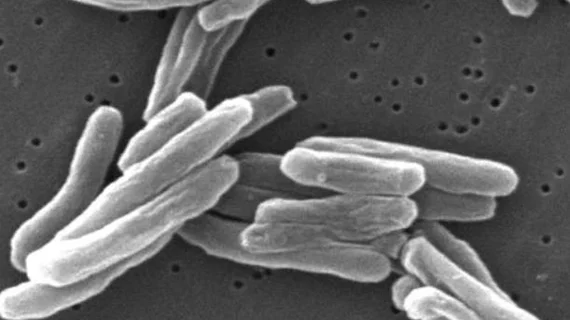FDA awards breakthrough designation to AI-powered tuberculosis diagnostic tool
Despite a decline for almost 30 years, tuberculosis (TB) cases have increased recently, with 8,300 patients in the U.S. testing positive for the disease in 2022, according to CDC data. Artificial intelligence aims to turn the tide, with a new application earning breakthrough designation from the U.S. Food and Drug Administration’s (FDA) Center for Devices and Radiological Health.
The AI-powered qSpot-TB aids in the detection and diagnosis of TB by analyzing chest X-rays, looking for signs suggestive of the illness and flagging them for clinical review, effectively providing radiologists with a second reader for reports.
“The breakthrough device designation granted to Qure’s qSpot-TB device by the FDA marks a step forward in the field of tuberculosis AI-assisted diagnosis. TB is a highly infectious disease affecting the lungs and is not just the premise of developing nations,” Bunty Kundnani, chief regulatory affairs officer at Qure.ai, the developer of qSpot, said in a statement. “Rates of TB in western societies such as [the] UK and U.S. have ticked upwards following the COVID pandemic, magnifying the need for continued focus on detection and screening. We look forward to working closely with the FDA on the onward breakthrough device regulatory process”
In January, Qure.ai received FDA clearance for an AI tool that automatically detects lung nodules on X-rays, including very small ones that could be missed in a manual review.

